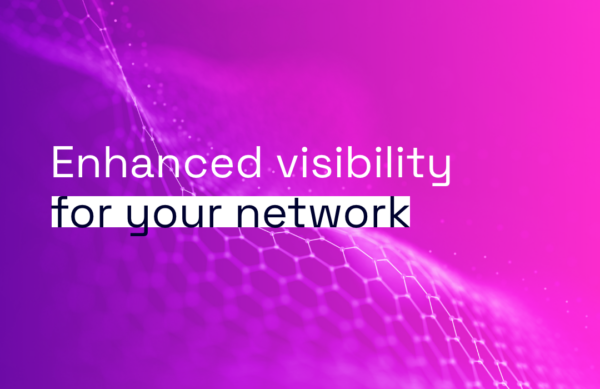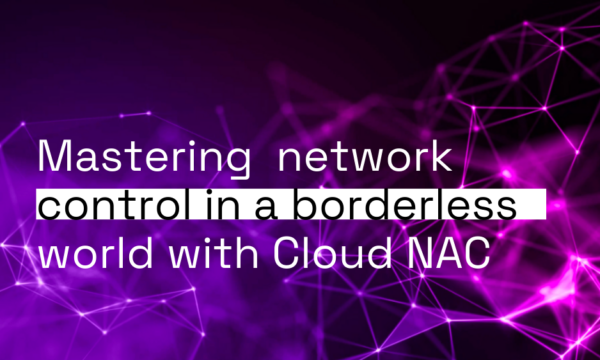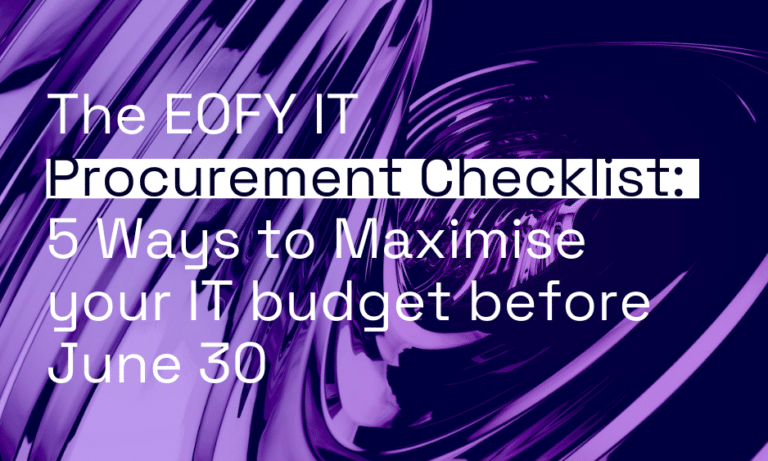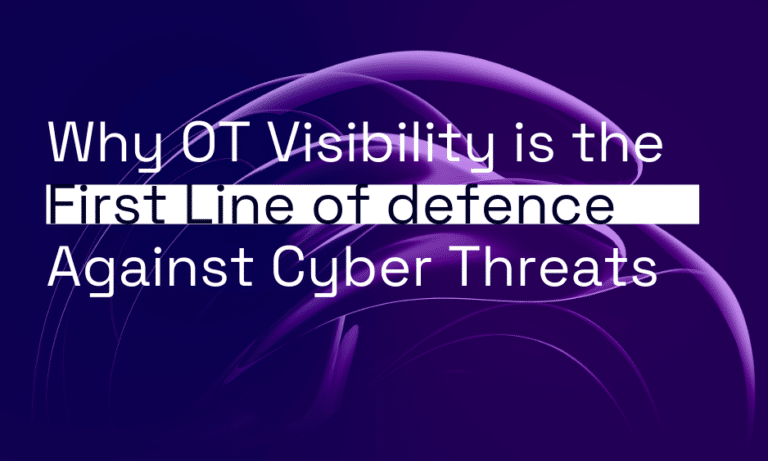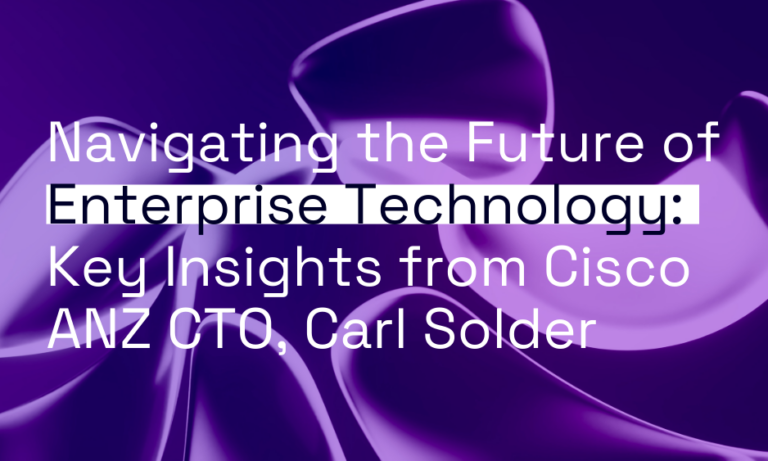When the cloud was first taking off, I remember having many conversations with friends and family who seemed dumbfounded by the concept. “I really don’t understand the cloud, like, where is the USB stick?”
“Where is the data being stored if not on my computer or an external hard drive?”
“Can I trust whoever it is that owns this ‘cloud’ with my files and personal information?”
Now, thankfully of course, those conversations have dissipated thanks to the cloud’s overall integration into society. But based on some of the conversations that we’ve been having with customers recently, it’s come to our attention that from a commercial standpoint there’s still a great deal of confusion surrounding the cloud principle, both in terms of what it is, and what it offers.
Hybrid cloud, multicloud, and polycloud…can you decipher clear differentiations between the three?
It’s completely okay if you can’t because that’s what we’re here for.
Public Cloud vs. Private Cloud
In layman’s terms, let’s decode the cloud. First…
For what’s to follow it’s important to identify the distinction between public and private cloud.
- A public cloud is a cloud service leveraged by a range of different customers. They don’t know or have anything to do with one another, but they use the one public cloud, just like many customers leverage the same insurance provider.
- A private cloud is a cloud service leveraged by just one customer that can be built and managed by themselves or outsourced to an external vendor that hosts and manages it for them – an on-premises datacentre.
Now, with that critical information covered let’s dig into the nitty gritty.
Hybrid Cloud
What is it? A hybrid cloud environment incorporates one public cloud with a private cloud or on-premises infrastructure. The on-premises infrastructure can be any kind of infrastructure that is running within a corporate network, including an internal datacentre.
What does it offer? For many organisations, moving everything to the cloud simply isn’t feasible, whether it’s a cost factor, for security purposes, or they may have legacy systems that need to be housed in an on-premises environment. Additionally, some organisations leverage a hybrid environment in order to keep certain processes and data in a more secure and controlled environment, often for regulatory purposes.
By taking a hybrid approach, organisations can leverage the uptime and speed of the public cloud while still meeting their regulatory obligations, security concerns, or supporting business-critical legacy systems. It’s important to note that in a hybrid cloud environment, users only leverage one public cloud.
Multicloud/Polycloud
What is it? Multi or Poly cloud environments involve leveraging more than one cloud, eliminating the dependence on any one cloud provider or piece of cloud technology. Through leveraging multiple clouds (both public and private), organisations can select the ideal cloud service or provider for their respective assets, applications, and software.
What does it offer? For many organisations, putting all their eggs in one basket is not the best plan of attack to reach their objectives. So, selecting different cloud services from different providers allows them to select the best cloud for a particular requirement.
It offers organisations their choice of the most ideal environment, eliminates dependency on one particular cloud, enables strong customisation to suit their growing needs, and offers a plethora of features not necessarily available in a hybrid cloud environment.
Following? It’s okay if the waters still seem a little murky. The below should help, it’s a comparison of the key differentiators between the two options.
Hybrid Cloud vs. Multicloud/Polycloud
- Pairing of one private cloud with one public cloud.
- Hybrid cloud environments do not include multiple public clouds.
- Requires a private datacentre/on-premises infrastructure.
- Pairing of multiple clouds (public or private) from different providers.
- Multi/Poly cloud environments can include a hybrid cloud approach.
- Organisations will select particular cloud providers to house particular elements of their environment (Software, Systems, Applications).
Finding the right cloud environment for your business
Now, having scratched the surface of the cloud principle to some degree, do you think you have a clear understanding of which environment would be best suited to your requirements?
If you think you do that’s fantastic. But the thing is there’s no definitive distinction across cloud computing that dictates a certain type of business or industry is better suited to hybrid or multicloud based solely on the fabric of the business.
Every organisation is unique, and just because a particular hybrid cloud approach works for one accountancy firm, it doesn’t mean that it will be suitable for another accountancy firm. It’s entirely dependent on what you’re trying to achieve from a business standpoint.
Which is why Orro is here, to provide the guidance and expertise to help you identify the best possible cloud computing environment for you.
Orro in partnership with HPE, take the responsibility of understanding your business to help you find the best fit to manage your cloud transformation, end-to-end. We can help you find the solution that is right for you, and tailor it to meet your needs while also managing the day to day so you don’t have the hassle.
To learn more about the options available to you, get in touch with one of our cloud experts today.

